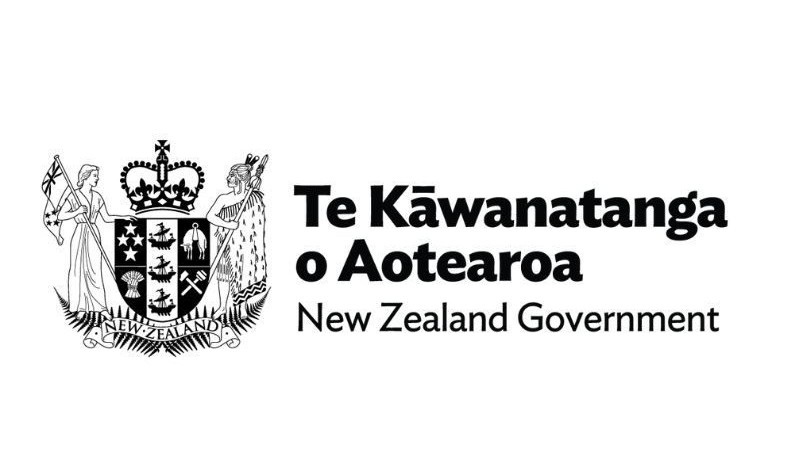Budget 2023: low-emissions heavy vehicles and resilience in spotlight

The Government will set aside $30 million over three years for a fund to provide grants for the purchase of low emission heavy vehicles.
Finance Minister Grant Robertson announced the 2023 Budget on Thursday, with a focus on initiatives to help ease the burden of the current cost-of-living crisis, climate change and rebuilding after Cyclone Gabrielle.
Energy and Resources Minister Megan Woods said the clean heavy vehicle grants will go towards trucks, heavy vans and non-public transport buses.
“Estimates show this will help get about 500 low-emission heavy vehicles onto New Zealand’s roads, displacing fossil fuel ones. This transition could reduce operators’ fuel costs by up to 75 percent,” she said.
Transport Minister Michael Wood said the fund builds on the success of the Clean Car Discount and Low Emissions Transport Fund to support road freight operators to lower their emissions, and over time their operating costs.
Resilience
Budget 2023 has net new operating spending of $4.8 billion per annum, which is lower than the $5.9 billion in Budget 2022. However, it is higher than the $4.5 billion signalled in last year’s Budget Policy Statement, recognising the Government needs to spend more off the back of the weather events.
Resilience is a big theme of Budget 2023, as the Government looks to “build back better” from the recent Auckland floods and Cyclone Gabrielle. The Government is setting aside $6 billion for a National Resilience Plan.
The Budget includes a $279 million state highway investment package for slope stabilisation, culverts, rockfall protection and other measures to make the main roads more resilient.
Cost of Living
The 2023 Budget has a strong focus on initiatives to help ease the burden of the current cost-of-living crisis. This includes expanding free early childhood education, abolishing prescription co-payments, and free public transport for children under 13 years.
The free public transport initiative will kick in come July, as the Government removes the fuel discount and the wider public transport subsidy. The scheme has an operating allowance of $327 million.
“Transport is a big cost for Kiwi households,” said Wood.
“It’s why we provided relief at the pump when petrol prices spiked following the invasion of Ukraine, and it’s why we are now providing ongoing cost reductions for children and young people.”
EV charging network
Meanwhile, climate-focused initiatives announced in the budget included expanding the electric vehicle charging network across the country with public facilities in every town with more than 2000 people.
The Government planned to partner with the private sector to install thousands of new EV chargers across the country. This will expand the growing national network of EV charging hubs – each containing up to 20 chargers – to up to 23 hubs.
“This will see charging hubs every 150 to 200 kilometres on main highways, a public charger for every 20-40 EVs in urban areas, and public charging at community facilities for all settlements with 2000 or more people,” Transport Minister Michael Wood said.
Funding for the EV network expansion is $120m over four years.





